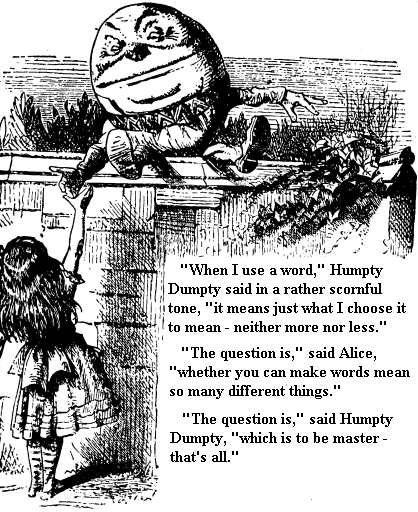Marx and Engels wrote a lot, and on all sorts of topics. What they had to say about science, metaphysics, epistemology, ethics, etc., may be interesting, but, to me, none of this is Marxism. Marxism, to me, is a definition and analysis of what Marx understands as “capitalism.” Moreover, it is not a characterization of capitalism under government control, but an analysis of “laissez faire capitalism” or what currently goes by the name of “anarcho-capitalism.” Capitalism is the market system composed of two classes — the bourgeoisie (his name for entrepreneurs and business owners) and the proletariat (workers or people who do not have access to subsistence other than selling their labor services). There are in some countries and regions of the world people who are neither bourgeois-es nor proletarians (i.e., people who do not live under capitalism). These are indigenous people and free peasants. By a “free peasant” I mean one who is not renting, who does not have a mortgage, and does not pay taxes. Are there such people? James Scott wrote a study of such people (look here)
What does Marxism say about these people? Nothing. Why? Because they are not part of the capitalist economy, and Marxism is an analysis of the capitalist economy. And what does Marx say about the capitalist economy? That it has the seeds of its own destruction. And that is all that Marxism means to me. Mind you, what Marx wrote about was a model of pure capitalism, i.e., anarcho-capitalism, as we may call it today. He was not writing about capitalism with government intervention (i.e., the welfare state or crony capitalism).
Marx anticipated a classless state which he called communism. But such anticipations or predictions are not essential to the claim that pure capitalism will self-destruct. This prognosis is the “scientific” socialism of Marxism, as contrasted with a moral ideal of a classless society espoused by so-called “utopian” or libertarian socialists.
After the Russian Revolution in 1917, people seized land from large estates — creating a country of relatively free peasants. What would Marx say about such peasants? I suppose he would congratulate them for their freedom; and if they organized themselves by regional councils — still more congratulations. [See the Marx-Zasulich Correspondence (1881)]
Now what did the Bolsheviks in Russia, who called themselves “Marxists” do? Under Stalin, they liquidated the peasants in Ukraine by the millions. I ask: by what diabolical train of reasoning can you get such a policy from Marx?

